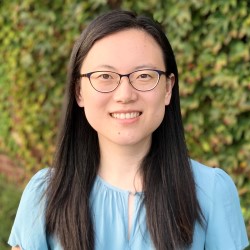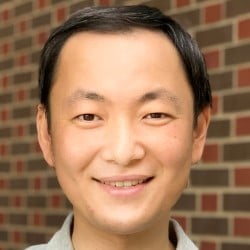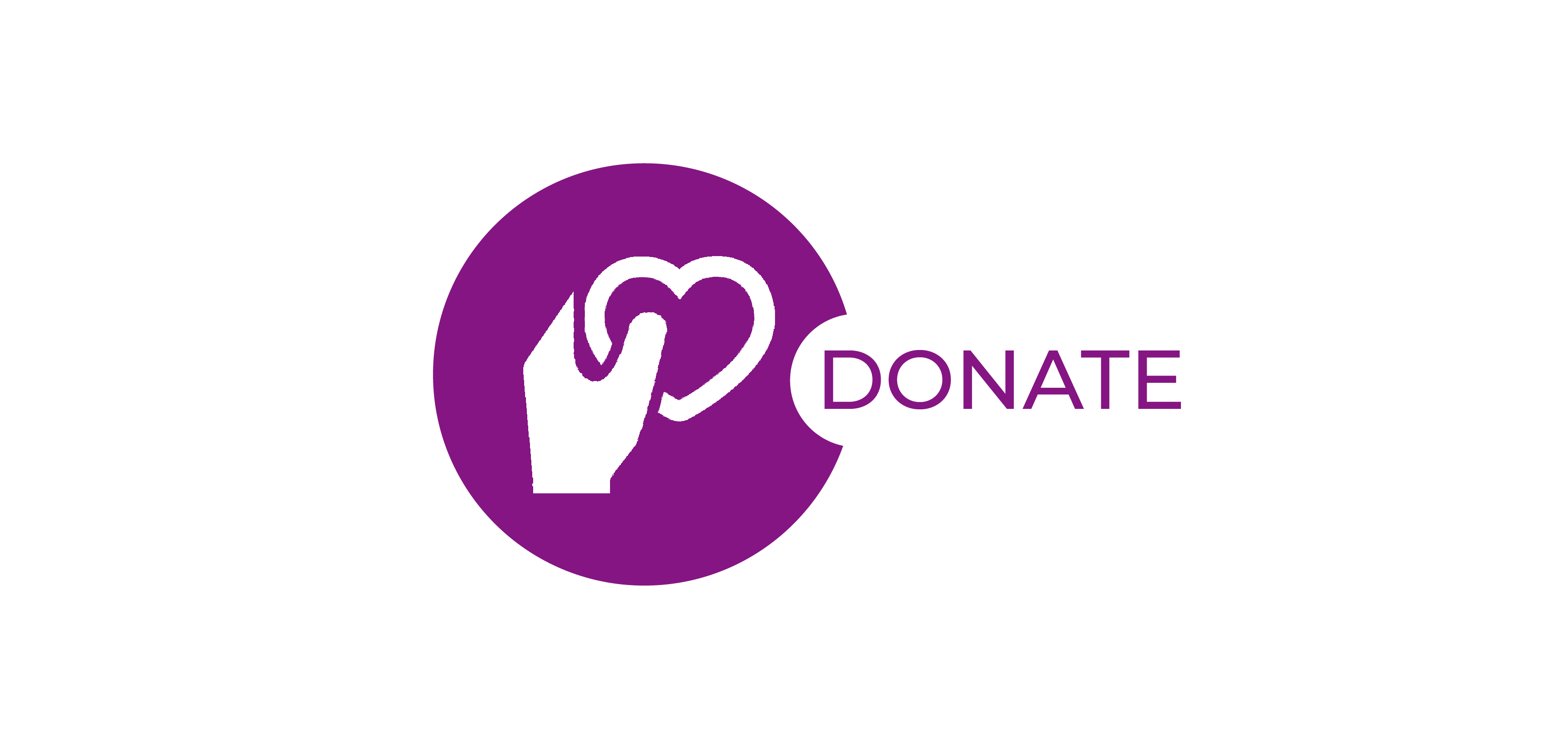Welcome to the RTI!
Getting to know Wenwen Fang

What is your current research focus?
I am looking into RNA sensing in innate immunity right now. It is critical for the cell to distinguish self and non-self RNAs, but it is a very challenging task for the cell because there are only limited ways to make natural RNAs. In addition, pathogens like viruses would want to evade host detection, and this virus–host arms race provides rich biology to explore. I am currently developing methods to help understand how cells prevent unwanted self-recognition during normal conditions, and how cells may utilize self-recognition to enhance innate immune response.
What led you to your current field?
My graduate work was actually on self vs non-self discrimination—in the context of genome rearrangement in ciliates. There I discovered that a class of piRNAs could protect self DNA against deletion during genome reduction. In my postdoc, I focused on miRNA biogenesis, especially how the RNA-processing machinery distinguishes bona fide miRNA precursors from other transcripts in the cell. Self vs non-self RNA discrimination is essentially an RNA-recognition problem, like miRNA biogenesis, but much more complex and the theme goes back to my graduate study.
Tell us something you love about RNA?
Its simplicity and versatility at the same time.
Why did you choose the RTI at UMass Chan Medical School?
I think RTI is a dream place for RNA scientists. The science is of the highest caliber, and the people are the most collaborative and supportive. RTI is set up in many ways to make sure that scientists can dream big, be the most creative, and worry less about other things. In addition to that, because I want to work at the intersection of RNA biology and innate immunity, I can benefit from and also contribute to these two fantastic scientific communities at UMass.
What is something you saw recently that made you smile?
Seeing how excited my toddler got when interacting with other kids after the lockdown. Humans are social animals after all.
What do you want your future colleagues/trainees to know about you?
I very much look forward to working with and interacting with my future colleagues and trainees. Science is more fun and less intimidating when we go through it together. The saying that shared joy is doubled while shared frustration is halved definitely applies here.
Tell us something that not many people know about you?
I liked anatomy a lot when I was in middle school. At home (where we could buy fresh fish from the market) I would cut open a fish before it went to the kitchen, and enjoy looking at the arrangement of all the organs. Later in high school, my favorite subject became cell biology—I liked seeing how those little organelles are organized within a cell.
Favorite pastime outside of the lab?
Going to parks with my family.
Getting to know Li Li

What is your current research focus?
Broadly speaking, I am interested in biochemistry, chemistry, and bioengineering. Specifically, I am fascinated by many viral RNAs that can hijack the host’s translation system. I am studying how they work and developing new in vitro selection methods to evolve and engineer these RNAs for technological and therapeutic applications.
What led you to your current field?
I would say it’s a combination of my scientific interest and some random events. I have been fascinated by the biochemistry of translation since I was an undergrad. In my undergrad and graduate work, I learned essential biochemical and computational tools to study the biochemistry of translation. During my postdoctoral training, I explored a lot of RNA chemistry and focused on developing a chemical system where functional RNAs can spontaneously evolve. I almost decided to become an RNA chemist. Then I read a paper on these viral RNAs that can initiate the translation by themselves, and I was struck by the idea of using in vitro evolution to study and evolve these RNAs in the lab. Compared with continuing my work on RNA chemistry, this was certainly much more risky; I chose to work on this because I really love translation and it is thrilling to evolve new RNAs that can control translation in cells.
Tell us something you love about RNA?
There are many reasons that I think it is wonderful to study RNA. First, RNA is the central component in translation. Second, RNA has a very rich chemistry. Besides the four standard nucleotides, there are many modified nucleotides that possess exquisite chemical modifications to modulate RNA functions. Third, RNA can be evolved in the laboratory. Therefore, we can harness the power of evolution to understand how RNA works, and to engineer RNAs for technological and therapeutic applications. Fourth, RNA can be easily sequenced. This enables us to examine millions of different RNA molecules at once.
Why did you choose the RTI at UMass Chan Medical School?
I have visited the RTI many times, so it is obvious to me that the RTI is an amazing place to do research. I first visited here to purify yeast ribosomes––Jack (my postdoc advisor) does not have a sucrose gradient machine in his lab, so I came to use the one in Andrei’s lab. I wasn’t very experienced with the sucrose gradient machine, either, and I am very grateful that Ying Zhang, a postdoc in Andrei’s lab, patiently trained me. Since then I have come to Andrei’s lab for more than 10 times to purify ribosomes. Every time, I would carefully pack all my reagents and crude ribosome samples in the trunk of my car, drove along the I-90 for about an hour, and came back with purified ribosomes at night. To me, these are the most amazing trips ever.
Another highlight I remembered was the annual RNA Therapeutics Symposium. It was enlightening to hear many insightful discussions from both the academic and the industrial point of view, which made me realize the importance of working together with applied scientists. The RTI really provides a superb environment because there is a nice mixture of fundamental and applied scientists, and we are all very well supported. I also really like the fact that the UMass Chan Medical School has a very strong community studying RNA and translation.
What is something you saw recently that made you smile?
Many new ribosome structures. I am a sucker for ribosome structures.
What do you want your future colleagues/trainees to know about you?
I believe in discipline, tenacity, and lifelong learning. I also really value reality checks––I have many blind spots, and I rely on my colleagues/trainees to help me avoid them.
Tell us something that not many people know about you?
If I didn’t study biochemistry, I would have become an RNA chemist. I love organic chemistry, and cherish every opportunity to do some useful chemistry on my favorite molecule––RNA.
Favorite pastime outside of the lab?
Reading books and exercise. After all, I only have one mind and one body. I want to keep them sharp and healthy.

